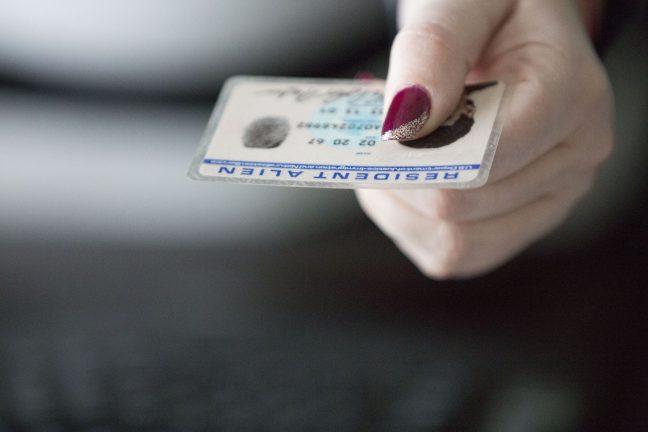Getting pulled over by the police for a routine traffic stop, for many, is an inconvenience at the least, a possible ticket at the most.
But for the estimated 11 million undocumented immigrants residing in the United States, a routine traffic stop could mean detention, or worse — deportation.
While the Madison Police Department will cooperate with the U.S. Immigration and Customs Enforcement when asked to assist in an immigration matter, MPD, according to their code of conduct, “will not arrest or detain any person solely for a suspected violation of immigration laws.”
Because MPD does not always notify ICE when there is contact with someone who is undocumented, Mayor Paul Soglin said many would argue Madison is a sanctuary city.
A sanctuary city is a city where local law enforcement have adopted a policy of not inquiring about the immigration status of people they encounter, and not reporting those who are undocumented to federal agencies like ICE.
Depending on who you talk to, however, Madison may or may not be considered a sanctuary city, Soglin said.
Even though the department follows a policy where officers must seek approval from their commander or the officer in charge before making an arrest or a detention for a suspected violation of immigration laws, law enforcement still cooperates with ICE upon request, MPD Police Chief Mike Koval said.
“Purists,” who believe you should never notify ICE, might say Madison is not a sanctuary city, Soglin said.
“Now, the question is when someone is undocumented and has contact with an officer, under what circumstances will ICE be notified?” Soglin said. “At one extreme, every contact would trigger a detention and notification. At the other extreme, ICE would never be notified.”
The answer to that question in the city of Madison is simple: It deals with the degree of the offense.
Typically, MPD will notify ICE if an undocumented person commits a serious offense, particularly those that involve violence, Soglin said. ICE will also be notified if it’s a case of a serious felony, he added.
But if it’s a minor traffic incident, or if it’s a drunken disorderly conduct, then there is discretion involved, and MPD will not notify ICE, Soglin said.
Part of the reason MPD uses discretion in incidents that may involve an unclear immigration status, lies in maintaining an agency committed to community policing ideals, Koval said.
“ICE can do as their prerogative and admissions statement dictates, but that is not the same mission as a municipal police chief,” Koval said.
If ICE called the department and asked to assist in a specific incident, Koval said MPD would help in the matter. But at the moment, immigration does not rise to the level of priority as other issues facing the city, he said.
Instead, Koval has greater concerns with the number of shots fired in the city and the abundance of heroin calls the department as received.
Community leaders, residents present plan to reduce racial disparities, violence in Madison
The fear and worry about not having proper documentation, however, may lead a segment of the Madison population to either not report crimes or underreport them, whether they be victims or witnesses, Koval said.
When it comes to the Hispanic community, Koval worries there could be underreported crimes or cases that don’t make it to MPD, such as a woman being sexual assaulted and fearful to come forward because she doesn’t have a green card.
“If certain people don’t pick up the phone and let us know of a crime because they worry about their documentation, then we are going to have public safety issues permeate our community,” Koval. “Unless we have a full understanding of all those crimes and all of those victims, we won’t be able to generate a full defense scale of everyone.”
‘Cuéntame Más’ leaves more to be said, done for Dane County Latinos
For Koval, he believes it is “counterintuitive policing” to repress segments of the community and have them grow to be mistrusting of the police because they fear they’re going to report them to ICE.
Until the federal government sets a standard of reporting to ICE which, if not followed, may lead to a cut off of federal funds, Soglin said MPD will continue to use discretion, and the seriousness of the offense will determine whether or not they will initiate any contact with ICE.
“I see no point in disenfranchising or marginalizing people in our community and having them worried that the next traffic stop or [police] visit to their workplace or school represents a deportation moment,” Koval said. “I see no benefit if people are living in fear or mistrust.”


